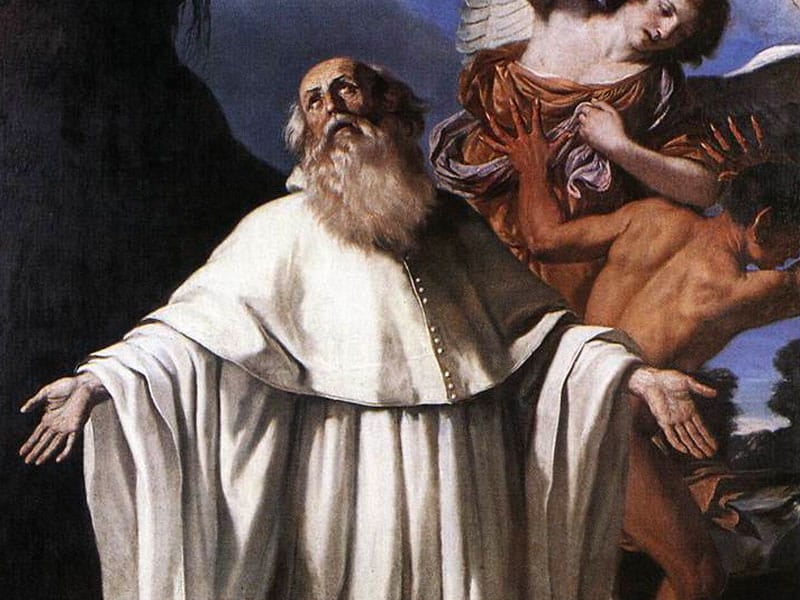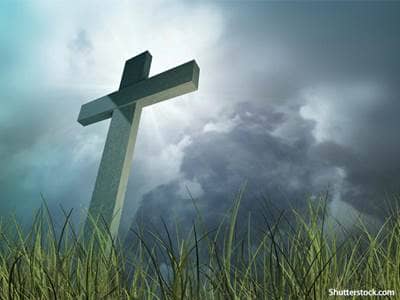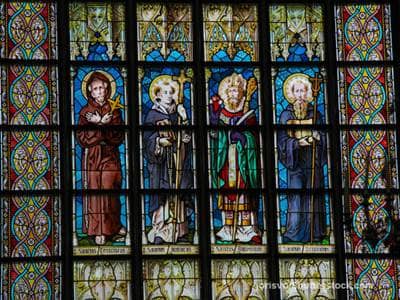St. Romuald (950?-1027)

After a wasted youth, Romuald saw his father kill a relative in a duel over property. In horror he fled to a monastery near Ravenna in Italy. After three years some of the monks found him to be uncomfortably holy and eased him out.
He spent the next 30 years going about Italy, founding monasteries and hermitages. He longed to give his life to Christ in martyrdom, and got the pope’s permission to preach the gospel in Hungary. But he was struck with illness as soon as he arrived, and the illness recurred as often as he tried to proceed.
During another period of his life, he suffered great spiritual dryness. One day as he was praying Psalm 31 (“I will give you understanding and I will instruct you”), he was given an extraordinary light and spirit which never left him.
At the next monastery where he stayed, he was accused of a scandalous crime by a young nobleman he had rebuked for a dissolute life. Amazingly, his fellow monks believed the accusation. He was given a severe penance, forbidden to offer Mass and excommunicated, an unjust sentence he endured in silence for six months.
The most famous of the monasteries he founded was that of the Camaldoli (Campus Maldoli, name of the owner) in Tuscany. Here he founded the Order of the Camaldolese Benedictines, uniting a monastic and hermit life.
His father later became a monk, wavered and was kept faithful by the encouragement of his son.
-
Blessed Damien of Molokai (1840-1889)
-
Blessed Daniel Brottier (1876-1936)
-
Venerable Solanus Casey (1870-1957)
-
Sts. Timothy and Titus
-
St. Dominic (1170-1221)
-
Blessed Peter Gonzalez (d. 1246)
-
St. John Baptist de la Salle (1651-1719)
-
St. Martin I (d. 655)
-
Conversion of St. Paul
-
Sts. Cyril and Methodius (d. 869; d. 884)


